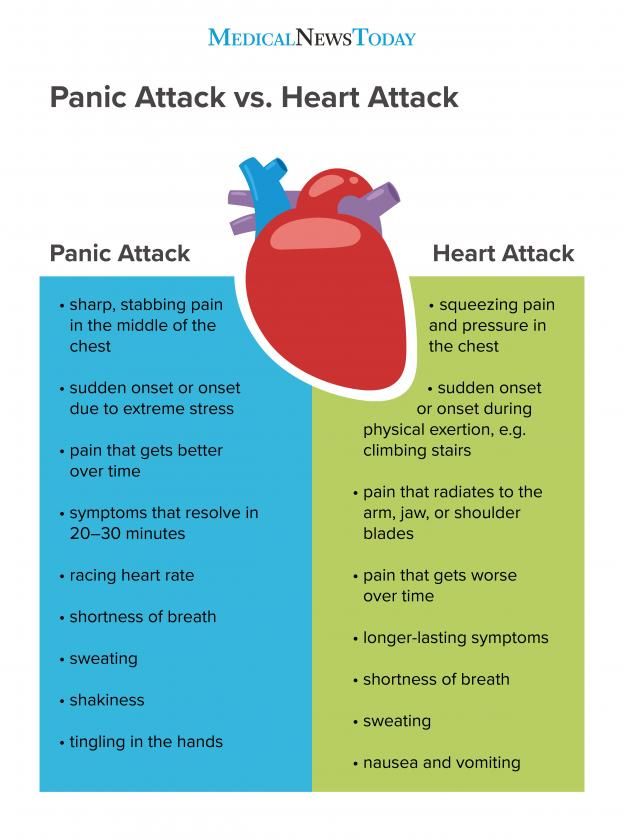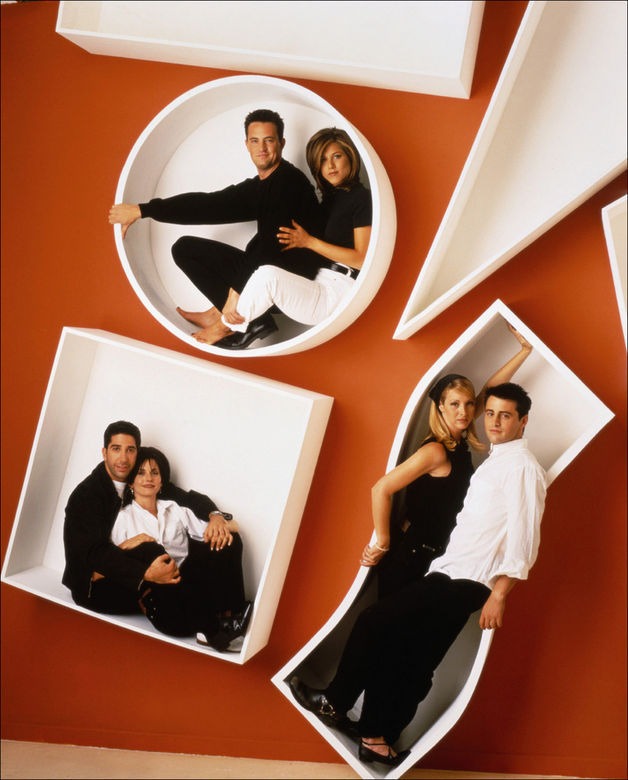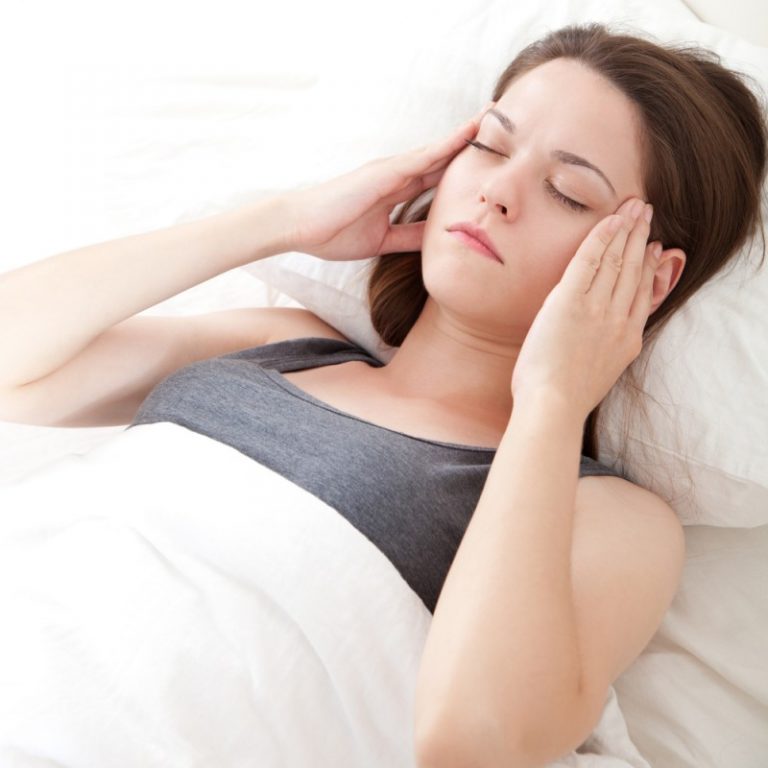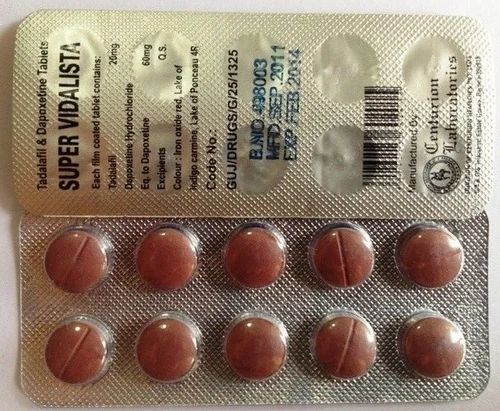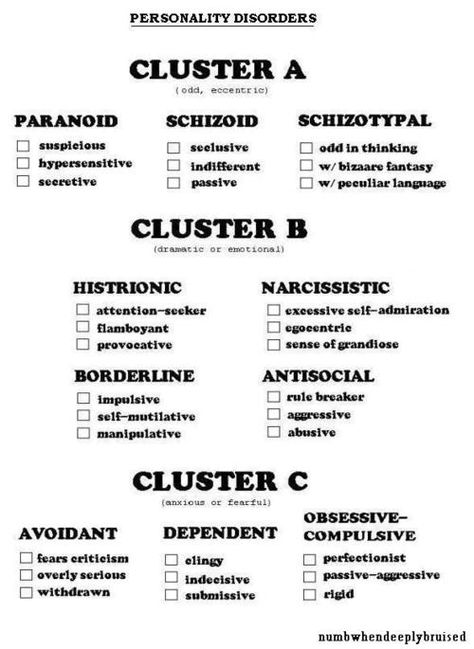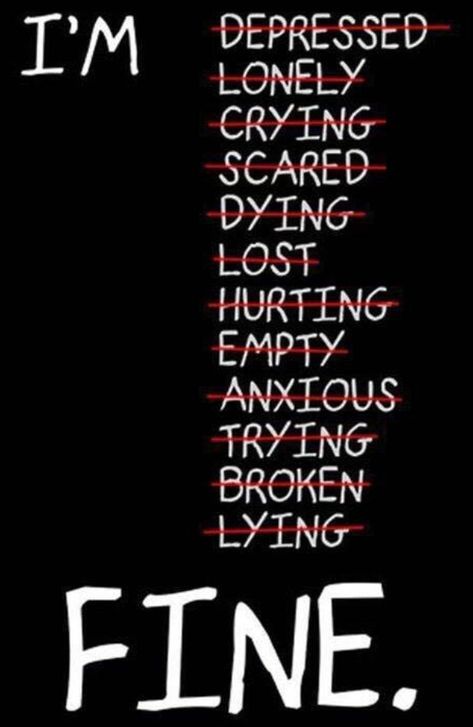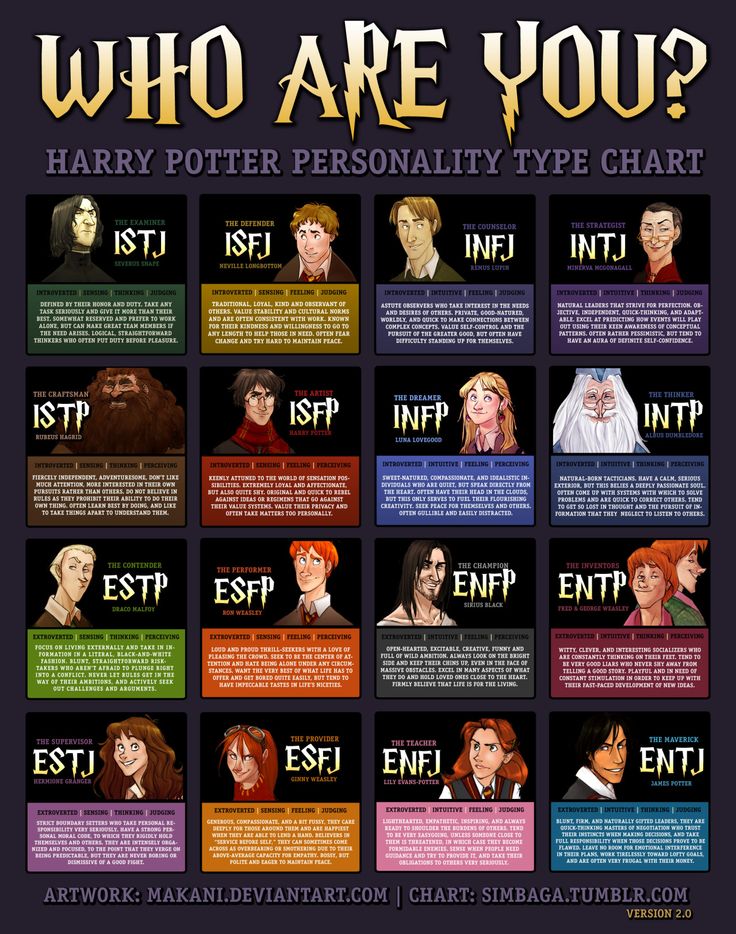Anxiety attack and alcohol
Alcohol and anxiety: Panic Attacks After Drinking
What is anxiety?
Anxiety is a feeling of worry or fear about what’s going to happen.1 It can be mild or severe and affect your thoughts, the way you feel, and often has physical symptoms like increasing your heart rate, making you sweat or tremble.2
Most people feel anxious from time to time. It’s a natural human response and usually passes once the situation is over - for example around a job interview. But if you have feelings of anxiety that are constant, overwhelming, or affect your daily life, there are things you can do, and support that is available to help you manage.
This page explains more about anxiety, why alcohol can trigger it or make it worse, and steps you can take to feel better.
Types of anxiety and symptoms
Anxiety can become a health problem if it affects your ability to live your life as fully as you want to.
Several medical categories relating to anxiety are used by doctors – these include generalised anxiety disorder (GAD), social anxiety, panic attacks and phobias.3 One thing they have in common is they cause your body to go into ‘fight or flight’ mode, releasing hormones into your bloodstream to prepare you to react or run away.4
It can cause symptoms like feeling tired, having trouble concentrating or sleeping, headaches or tummy aches - as well as many others.5
And because of the way alcohol interferes with your ‘fight or flight’ response,6 drinking can make you more vulnerable to these anxiety disorders,7,8 and make symptoms worse.9
Find out more about different types of anxiety on the Mind website
How alcohol affects anxiety
Alcohol is a depressant. It slows down processes in your brain and central nervous system, and can initially make you feel less inhibited.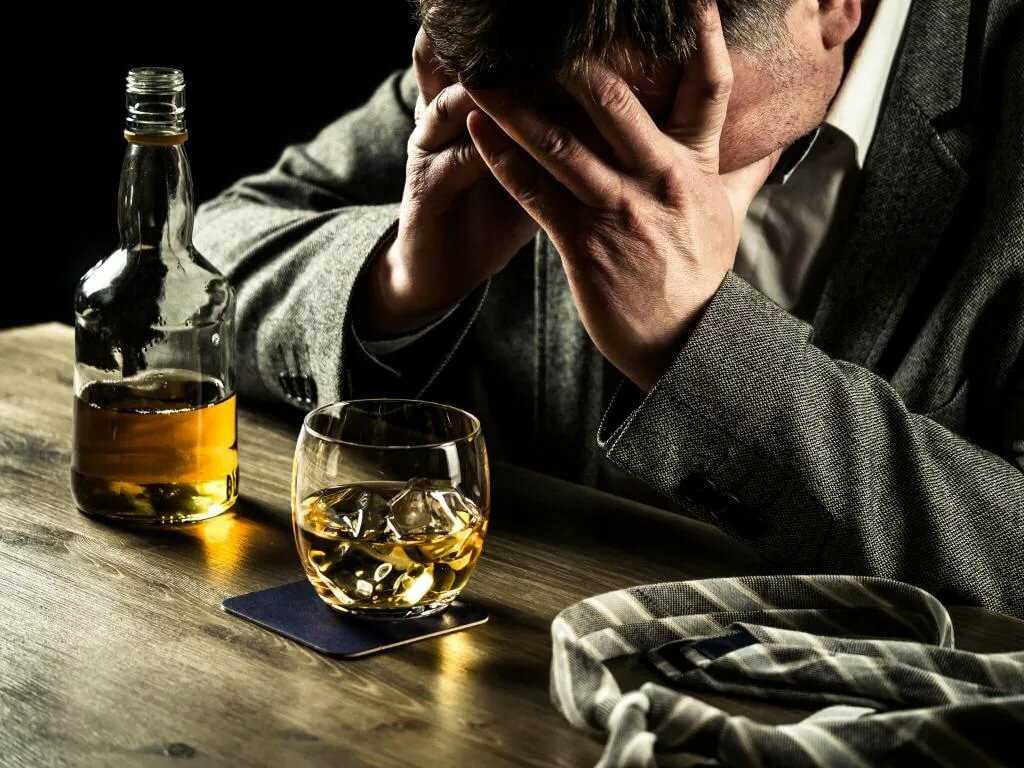 10,11 In the short-term, you might feel more relaxed - but these effects wear off quickly.
10,11 In the short-term, you might feel more relaxed - but these effects wear off quickly.
In fact, if you’re experiencing anxiety, drinking alcohol could be making things worse.
Over time, if you regularly drink heavily, the central nervous system gets used to the supressing effect of the alcohol, which means your brain is affected if the alcohol level suddenly drops. You can go straight into ’fight or flight’ mode as the alcohol leaves your system – the same reaction as an anxiety disorder.12
Find out more about alcohol withdrawal
Alcohol and anxiety – the vicious circleIf you suffer from anxiety, it’s important not to be tricked by the temporary feeling of relaxation from drinking alcohol, to avoid being trapped in a vicious circle:
- You drink alcohol
- You initially feel calm as the alcohol affects the brain
- You feel anxious as a symptom of alcohol withdrawal
- You may want to drink again to try to relieve your anxiety
But the last step only starts the process again from the beginning.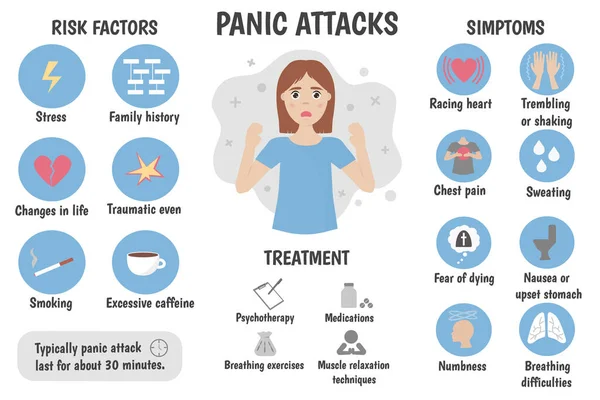 As the initial calm feeling fades you can feel anxiety as the effects of the alcohol wear off.
As the initial calm feeling fades you can feel anxiety as the effects of the alcohol wear off.
The more you drink the greater your tolerance for alcohol - meaning you need to drink more alcohol to get the same feeling. If you rely on alcohol to mask anxiety, you may find you become reliant on it to relax – putting you at risk of alcohol dependence.
Alcohol and panic attacksIf you experience sudden, intense anxiety and fear, it might be the symptoms of a panic attack.13 Other symptoms may include a racing heartbeat, or feeling faint, dizzy, lightheaded, or sick.
A panic attack usually lasts 5 to 30 minutes. They can be frightening, but they're not dangerous and shouldn’t harm you.
If you suffer from panic attacks, cut right down on your alcohol consumption, if you drink.
Alcohol has an effect on brain chemistry - it can induce panic because of its effects on GABA, a chemical in the brain that normally has a relaxing effect. Small amounts of alcohol can stimulate GABA and cause feelings of relaxation, but heavy drinking can deplete GABA, causing increased tension and feelings of panic.14,15 Panic attacks can occur due to alcohol withdrawal.
Small amounts of alcohol can stimulate GABA and cause feelings of relaxation, but heavy drinking can deplete GABA, causing increased tension and feelings of panic.14,15 Panic attacks can occur due to alcohol withdrawal.
NHS advice on getting help for panic attacks
How to prevent alcohol causing or worsening anxiety
If you feel like you’re struggling with anxiety, try cutting back on the amount of alcohol you drink. Try this four-step guide, to get started:
Track
Track how much you’re drinking to help spot patterns so you can avoid triggers – the MyDrinkaware app can help.
Download the app
Reduce
If you’re drinking more than the UK low risk drinking guidelines (no more than 14 units a week for both men and women) try to cut down. It’s safer to make gradual, small reductions (not sudden large changes).
We have advice on how to take a break from alcohol, but if you’re worried you are dependent on alcohol talk to your GP surgery or contact an alcohol support service.
Take a break
Maintain
Once you’ve cut down your drinking (or stopped drinking altogether), keep going like this for a couple of weeks. Most people can expect to see an improvement in their anxiety symptoms in this time as the brain’s balance of chemicals and processes start to return to normal and you experience better quality sleep6.
Better sleep
Review
If you’re still feeling anxious after a few weeks, contact your GP surgery. Talking therapies like CBT (cognitive behavioural therapy), can help you learn to spot unhelpful patterns of behaviour and help you to develop coping strategies. Your GP should be able to tell you about local services.
Your GP should be able to tell you about local services.
Alcohol support
Anxiety and depressionAnxiety is different to depression, but they can sometimes go together – feeling anxious and worrying constantly can make you feel low. And depression is affected by alcohol too - find out more on our alcohol and depression webpage.
Alcohol and depression
Get helpThe NHS website, Every Mind Matters, has advice on how to access support and treatment for anxiety in England. This includes options for NHS support, links to charities, helplines and communities, and tips on self-care.
- NHS Every Mind Matters – support and treatment for anxiety
if you are in Scotland, Wales or Northern Ireland, there is separate advice on getting help with anxiety.
- Scotland – NHS inform
- Wales – NHS mental health and wellbeing
- Northern Ireland – NI Direct, mental health
Specific support is also available if you need help with your drinking.
Find out more about alcohol support services
Alcohol support services
If you are concerned that you or someone you care about has a problem with alcohol there is a lot of help available. Here you can find useful links and phone numbers to get the support you need.
Support services
What to expect when you stop drinking The benefits of drinking less Alcohol and depression How to reduce your drinking
Was this information helpful?
References
[1]
Mind website. What is anxiety? (Accessed 20 April 2022). Available at: https://www.mind.org.uk/information-support/types-of-mental-health-problems/anxiety-and-panic-attacks/about-anxiety/
What is anxiety? (Accessed 20 April 2022). Available at: https://www.mind.org.uk/information-support/types-of-mental-health-problems/anxiety-and-panic-attacks/about-anxiety/
[2] NHS website, Every mind matters. What is anxiety? (Accessed 20 April 2022) https://www.nhs.uk/every-mind-matters/mental-health-issues/anxiety/#what-is-anxiety
[3] Mind website. What are anxiety disorders? (Accessed 20 April 2022) Available at: https://www.mind.org.uk/information-support/types-of-mental-health-problems/anxiety-and-panic-attacks/anxiety-disorders/
[4]
NHS website, Every mind matters. What causes anxiety? (Accessed 20 April 2022) Available at: https://www.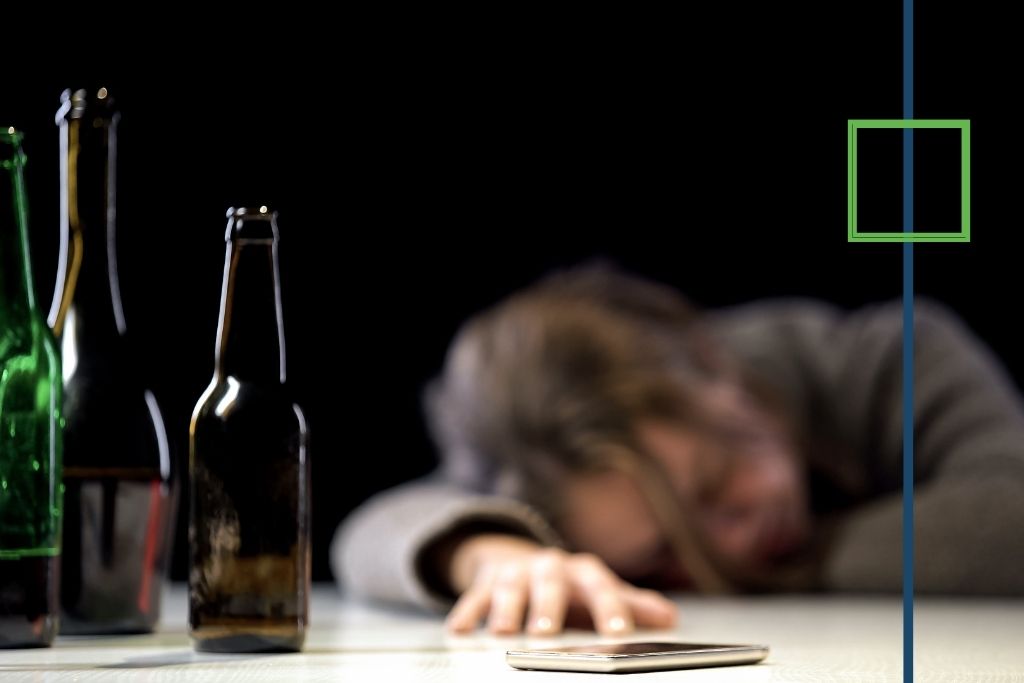 nhs.uk/every-mind-matters/mental-health-issues/anxiety/#causes
nhs.uk/every-mind-matters/mental-health-issues/anxiety/#causes
[5] ibid
[6] Day, E., & Daly, C. (2021). Clinical management of the alcohol withdrawal syndrome. Addiction.
[7] Holmes, A., Fitzgerald, P. J., MacPherson, K. P., DeBrouse, L., Colacicco, G., Flynn, S. M., Masneuf, S., Pleil, K. E., Li, C., Marcinkiewcz, C. A., Kash, T. L., Gunduz-Cinar, O., & Camp, M. (2012). Chronic alcohol remodels prefrontal neurons and disrupts NMDAR-mediated fear extinction encoding. Nature neuroscience, 15(10), 1359–1361. https://doi.org/10.1038/nn.3204
[8]
Anker, J.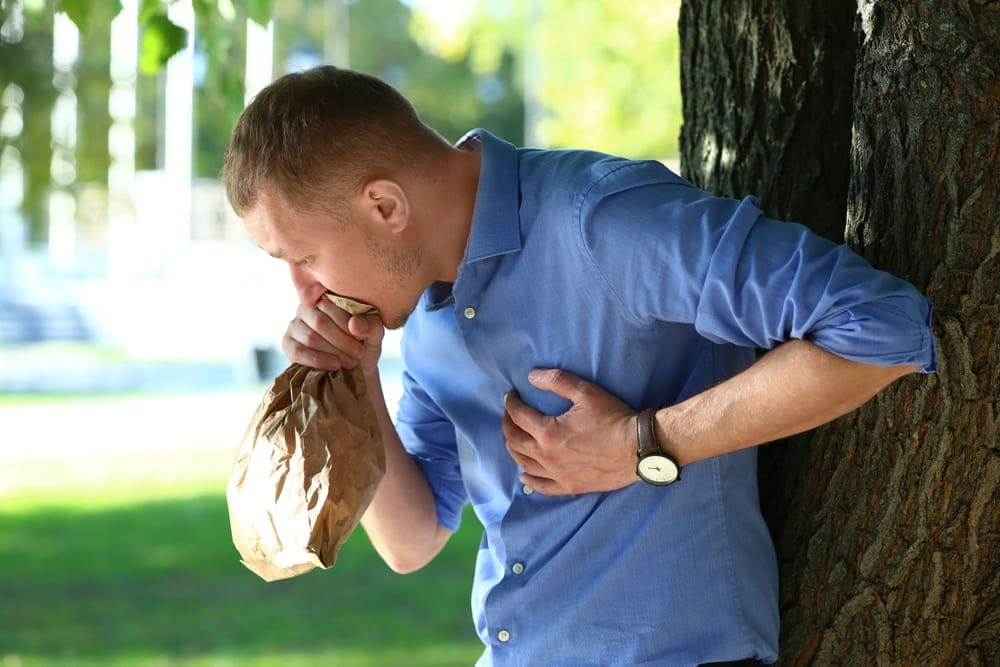 (2019). Co-Occurring Alcohol Use Disorder and Anxiety: Bridging the Psychiatric, Psychological, and Neurobiological Perspectives. Alcohol Research: Current Reviews, 40(1), arcr.v40.1.03. https://doi.org/10.35946/arcr.v40.1.03
(2019). Co-Occurring Alcohol Use Disorder and Anxiety: Bridging the Psychiatric, Psychological, and Neurobiological Perspectives. Alcohol Research: Current Reviews, 40(1), arcr.v40.1.03. https://doi.org/10.35946/arcr.v40.1.03
[9] Gorka, S. M., & Phan, K. L. (2017). Impact of anxiety symptoms and problematic alcohol use on error-related brain activity. International journal of psychophysiology : official journal of the International Organization of Psychophysiology, 118, 32–39. https://doi.org/10.1016/j.ijpsycho.2017.05.011
[10]
Gan, G., Guevara, A., Marxen, M., Neumann, M., Jünger, E., Kobiella, A., Mennigen, E., Pilhatsch, M., Schwarz, D., Zimmermann, U.S. and Smolka, M.N., 2014. Alcohol-induced impairment of inhibitory control is linked to attenuated brain responses in right fronto-temporal cortex.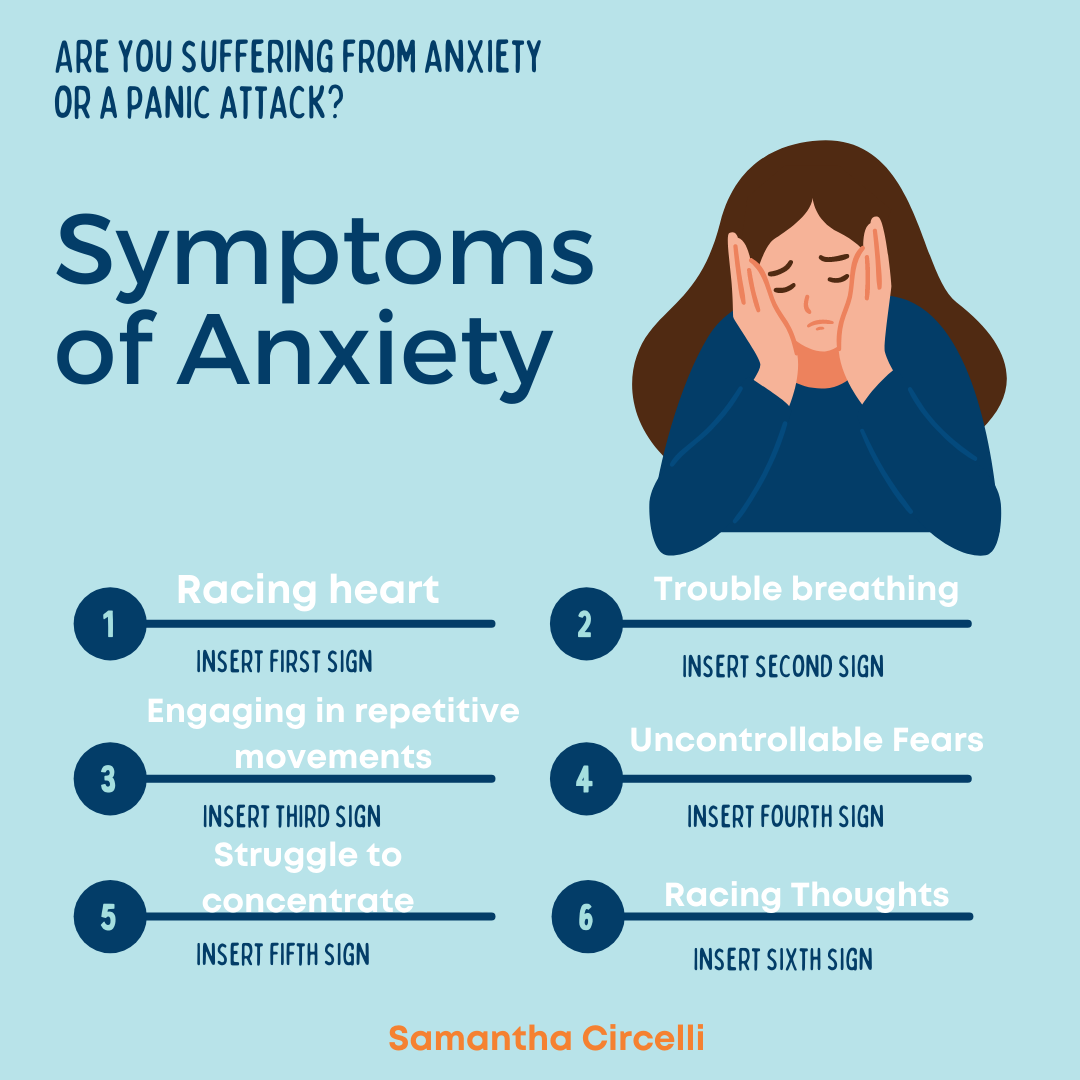 Biological psychiatry, 76(9), pp.698-707. Available at: biologicalpsychiatryjournal.com/article/S0006-3223(14)00015-8/abstract. [Accessed 23 February 2017].
Biological psychiatry, 76(9), pp.698-707. Available at: biologicalpsychiatryjournal.com/article/S0006-3223(14)00015-8/abstract. [Accessed 23 February 2017].
[11] Klenowski, P. M. (2018). Emerging role for the medial prefrontal cortex in alcohol-seeking behaviors. Addictive Behaviors, 77, 102–106. https://doi.org/10.1016/j.addbeh.2017.09.024
[12] Day, E., & Daly, C. (2021). Clinical management of the alcohol withdrawal syndrome. Addiction.
[13] NHS website. Panic disorder. (Accessed 18 May 2022). Available at: https://www.nhs.uk/mental-health/conditions/panic-disorder/
[14]
Cosci, F.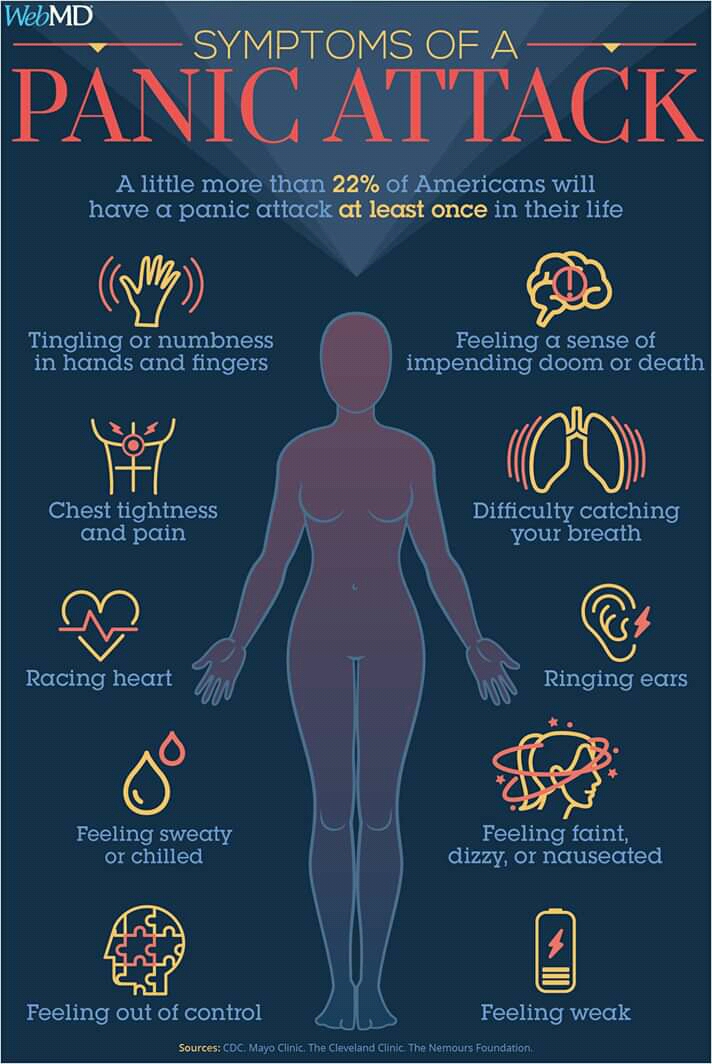 , Schruers, K. R., Abrams, K., & Griez, E. J. (2007). Alcohol use disorders and panic disorder: a review of the evidence of a direct relationship. The Journal of Clinical Psychiatry, 68(6)
, Schruers, K. R., Abrams, K., & Griez, E. J. (2007). Alcohol use disorders and panic disorder: a review of the evidence of a direct relationship. The Journal of Clinical Psychiatry, 68(6)
[15] Gimeno, C., Dorado, M. L., Roncero, C., Szerman, N., Vega, P., Balanzá-Martínez, V., & Alvarez, F. J. (2017). Treatment of Comorbid Alcohol Dependence and Anxiety Disorder: Review of the Scientific Evidence and Recommendations for Treatment. Frontiers in Psychiatry, 8, 173. https://doi.org/10.3389/fpsyt.2017.00173
[16]
Driessen, M., Meier, S., Hill, A., Wetterling, T., Lange, W. and Junghanns, K. (2001). The course of anxiety, depression and drinking behaviours after completed detoxification in alcoholics with and without comorbid anxiety and depressive disorders. Alcohol and Alcoholism, 36(3), 249-255.
Last Reviewed: 1st July 2022
Next Review due: 1st July 2025
Newsletter
Tips to change your relationship with alcohol
Can Drinking Cause Anxiety & Panic Attacks?
Anxiety and alcohol use disorder are common co-occurring disorders that can cause serious distress and impair your daily functioning. Alcohol use disorder can exacerbate an existing anxiety disorder or may lead to new anxiety symptoms and vice versa, meaning that a pre-existing anxiety disorder can contribute to an alcohol use disorder (as many individuals use alcohol as an unhealthy coping mechanism).
If you or someone you care about is struggling with anxiety and alcohol use disorder, anxiety could be the result or a contributing factor of alcohol abuse.
This article will help you understand alcohol misuse, anxiety signs and symptoms, and how both disorders often co-occur. This article will also explain a few ways to help calm anxiety symptoms if you should experience alcohol-induced anxiety or an alcohol panic attack.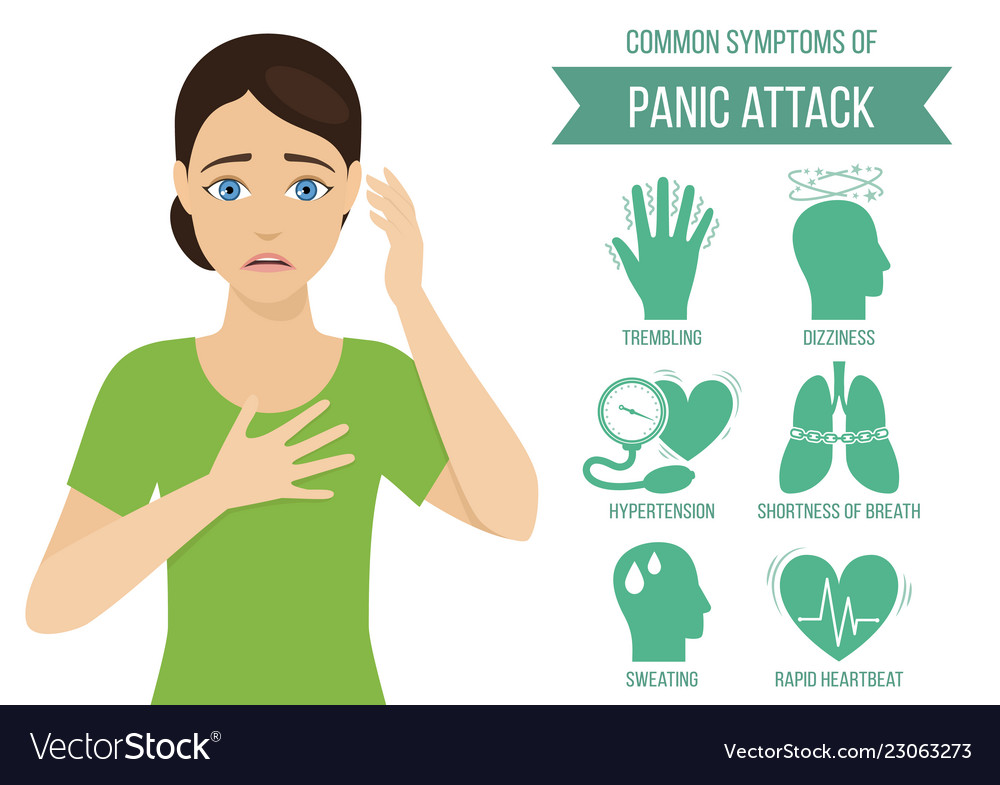
American Addiction Centers offers co-occurring disorder treatment at many of our nationwide treatment centers for substance and alcohol use disorders. Call us today at
Can Alcohol Cause Anxiety or Make it Worse?
Alcohol use can cause new onset anxiety and worsen pre-existing anxiety symptoms. Many individuals will use alcohol as an unhealthy coping tool to reduce symptoms of anxiety.
Alcohol may be a temporary, unhealthy way to relieve anxiety and forget about your underlying stressors, however using alcohol does not erase these underlying triggers. Whether your anxiety is related to past trauma, financial stress, or untreated depression; alcohol is merely a temporary Band-Aid and the longer one depends on alcohol to help treat their anxiety, the more at risk they are for developing an alcohol use disorder. Additionally, symptoms of anxiety will still be lurking around the corner as the underlying triggers have not been properly addressed and treated.
Chronic alcohol use affects your ability to respond to stress in healthy and effective ways, which can lead to anxiety.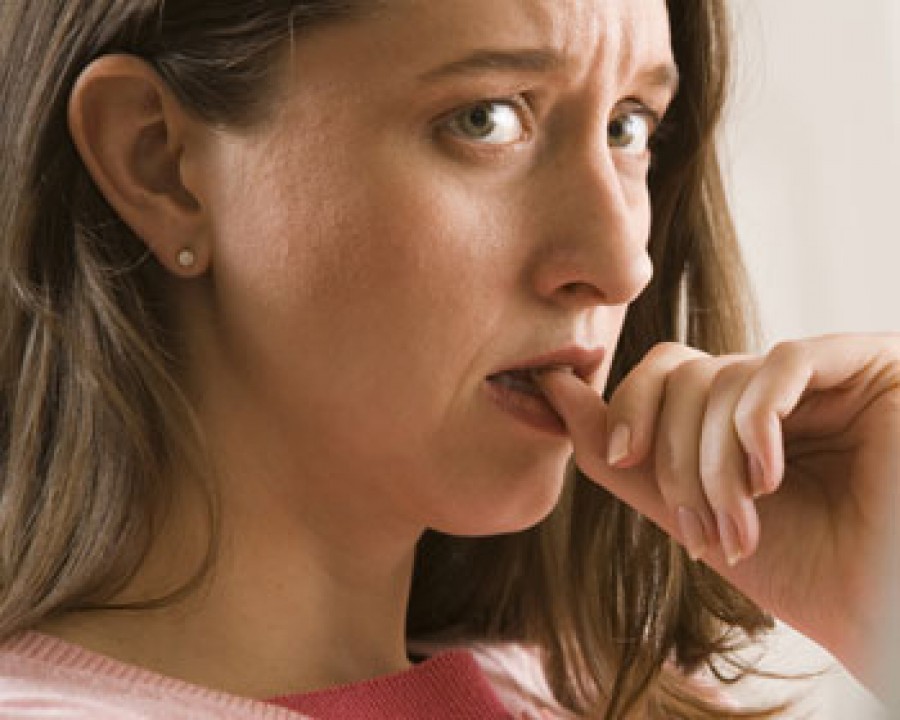 This may be due to alcohol’s effect on the amygdala, the area of your brain that regulates negative emotions. Brain imaging studies have found abnormalities in amygdala functioning in individuals with alcohol use disorder.3
This may be due to alcohol’s effect on the amygdala, the area of your brain that regulates negative emotions. Brain imaging studies have found abnormalities in amygdala functioning in individuals with alcohol use disorder.3
Understanding Alcohol Use & Abuse
Alcohol is one of the most commonly used (and misused) substances in the U.S. In 2019, 85.6% of people reported drinking alcohol at some point in their lives, 25.8% of people aged 18 and older reported binge drinking in the past month, and 14.5 million people aged 12 and older had an alcohol use disorder (AUD), the clinical term for alcoholism or alcohol addiction, according to the National Institute on Alcohol Abuse and Alcoholism (NIAAA).1
Alcohol abuse means that you use alcohol in unhealthy ways that impact your life. It involves drinking more than the Centers for Disease Control’s (CDC) Dietary Guidelines for alcohol, which states that people who choose to drink should do so in moderation.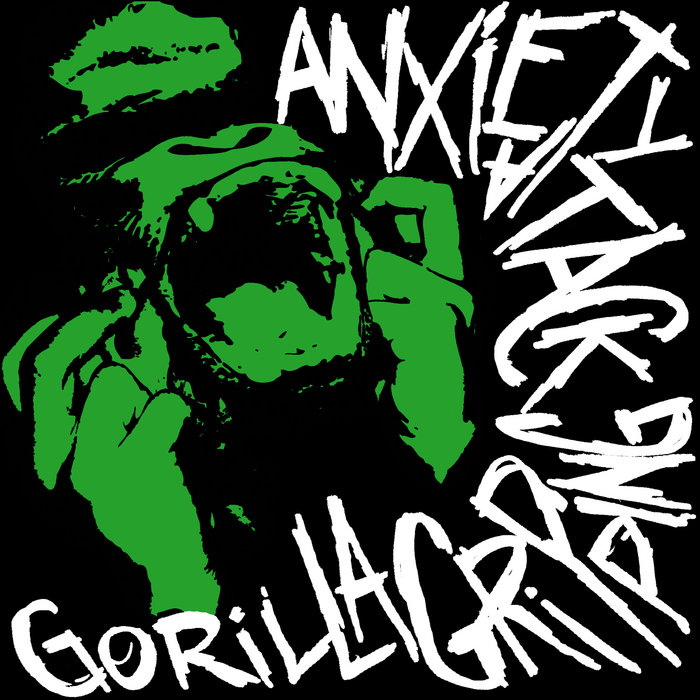 This means 2 drinks or fewer for a man and 1 drink or fewer for a woman per day. A standard drink is the equivalent of 12 ounces of 5% beer, 8 ounces of 7% malt liquor, 5 ounces of 12% wine, or 1.5 ounces of 80 proof distilled spirits or hard liquor (such as vodka, gin, rum, or whiskey). Excessive alcohol use (alcohol abuse) includes binge drinking, heavy drinking, and drinking while pregnant.2
This means 2 drinks or fewer for a man and 1 drink or fewer for a woman per day. A standard drink is the equivalent of 12 ounces of 5% beer, 8 ounces of 7% malt liquor, 5 ounces of 12% wine, or 1.5 ounces of 80 proof distilled spirits or hard liquor (such as vodka, gin, rum, or whiskey). Excessive alcohol use (alcohol abuse) includes binge drinking, heavy drinking, and drinking while pregnant.2
AUD is a chronic brain disorder that causes a person to continue to drink alcohol despite the negative consequences it has on their lives. According to the NIAAA, it is characterized by compulsive drinking, an inability to control your alcohol use, and negative feelings when you don’t drink.2
A large proportion of people who abuse alcohol also have co-occurring anxiety disorders. Having either an alcohol use disorder or an anxiety disorder can substantially elevate your risk of developing the other.3
Symptoms & Types of Anxiety
Most people experience anxiety at some point in their lives.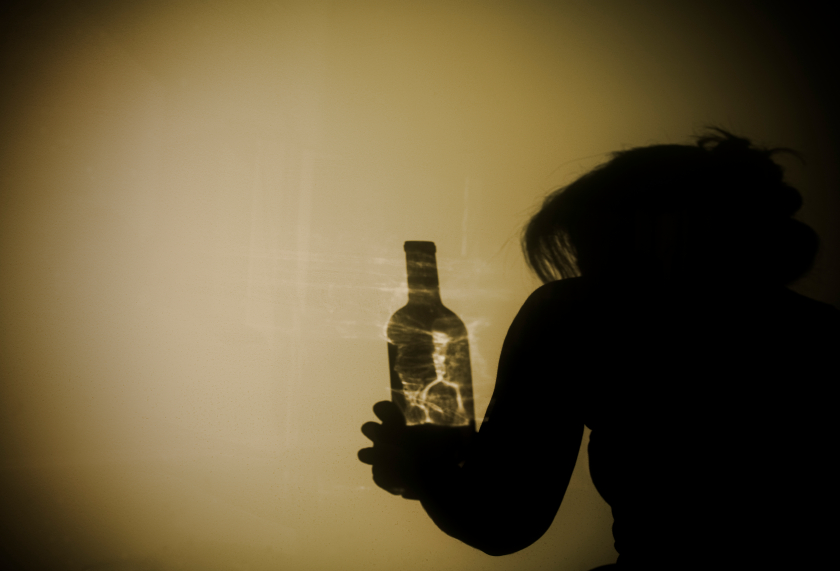 In fact, anxiety is a normal (and a very human) response to a fearful situation or a stressor, such as the way you might feel before a doctor’s appointment or before an exam. In a perfect world, feelings of anxiety would generally subside after an upsetting situation or stressor has been resolved. However, when feelings of anxiety persist, you may experience excessive fear or worry that doesn’t go away and doesn’t always seem to be influenced by stressful external factors. For example, feelings of anxiety may be present in the absence of fear or a stressor. When these symptoms interfere with your ability to function in daily life as a healthy adult, it may be a sign that you have an anxiety disorder.4
In fact, anxiety is a normal (and a very human) response to a fearful situation or a stressor, such as the way you might feel before a doctor’s appointment or before an exam. In a perfect world, feelings of anxiety would generally subside after an upsetting situation or stressor has been resolved. However, when feelings of anxiety persist, you may experience excessive fear or worry that doesn’t go away and doesn’t always seem to be influenced by stressful external factors. For example, feelings of anxiety may be present in the absence of fear or a stressor. When these symptoms interfere with your ability to function in daily life as a healthy adult, it may be a sign that you have an anxiety disorder.4
There are several types of anxiety disorders that may manifest in different ways, depending on the individual, but all them share symptoms of excessive worry and fear. Common types of anxiety disorders include:4,5,6
- Generalized anxiety disorder (GAD).
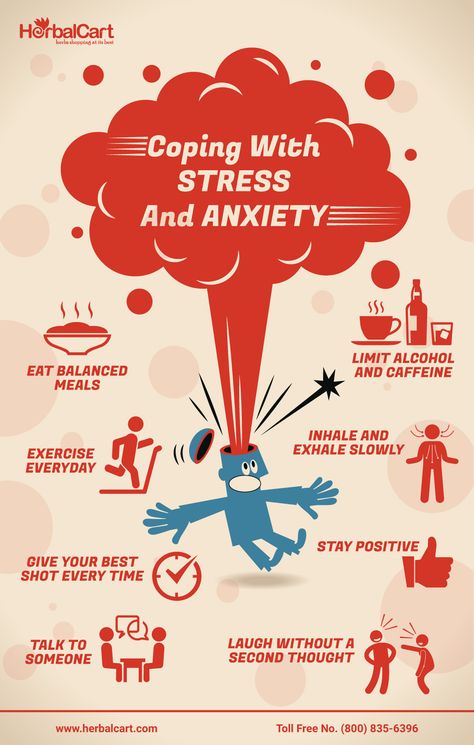 The main symptoms are chronic, excessive worry and fear about general, everyday things that interfere with your ability to function. The feelings must occur most days and last at least 6 months to qualify for this diagnosis.
The main symptoms are chronic, excessive worry and fear about general, everyday things that interfere with your ability to function. The feelings must occur most days and last at least 6 months to qualify for this diagnosis. - Panic Disorder. Characterized by recurrent, unexpected panic attacks, which are sudden, intense episodes of fear and dread that are often debilitating and can feel life-threatening. Some people feel like they are having a heart attack. Symptoms can include chest pain, difficultly breathing, feelings of impending doom, heart palpitations, and feeling like you’re out of control.
- Characterized by intense fears or aversions to specific triggers such as claustrophobia (fear of enclosed spaces) or agoraphobia (fear of public places, crowds and situations where you cannot escape). You experience intense fear related to specific things or places that is out of proportion to the actual situation.
- Social Anxiety Disorder (SAD).
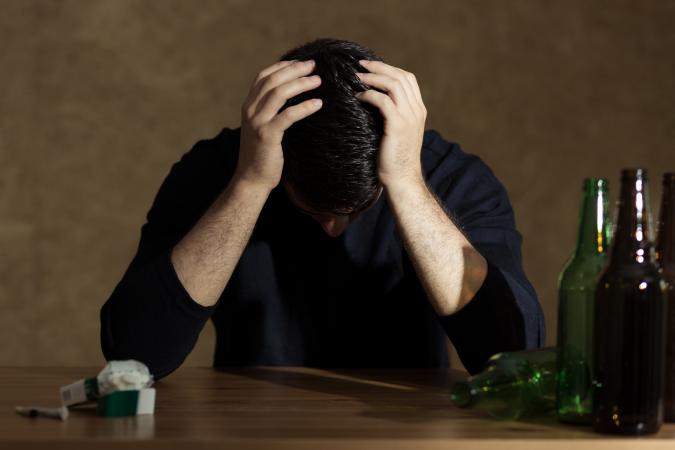 Previously referred to as social phobia, this involves intense fear of social or performance situations such as public speaking. You may worry that your feelings and behaviors will be judged negatively by others or have an intense fear.
Previously referred to as social phobia, this involves intense fear of social or performance situations such as public speaking. You may worry that your feelings and behaviors will be judged negatively by others or have an intense fear.
Triggers of Anxiety & Coping Mechanisms
Certain issues, lifestyle factors, and triggers can influence anxiety. These include:9
- Chemical stimulants such as caffeine, cocaine and amphetamines.
- Trauma.
- Physical health problems, especially a chronic or life-threatening condition.
- Other mental health disorders, such as depression.
- Side effects from medications.
- Alcohol.
- Stress and addiction are linked. Life problems that cause excessive stress, such as money concerns, exposure to abuse or bullying, worries about housing or family, etc.
On the other hand, certain factors and self-care measures may help to improve anxiety, such as:10
- Alternative practices, like aromatherapy, mindfulness meditation, yoga, massage, or hypnotherapy.
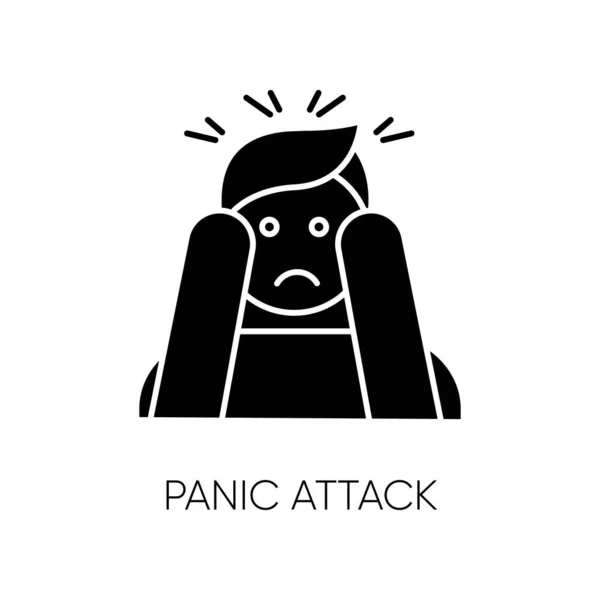
- Deep breathing exercises.
- Seeking support from people you trust.
- Taking care of your physical health.
- Participating in peer support groups for people with anxiety.
What is the Relationship Between Alcohol & Panic Attacks?
One study reported that 25% of people who sought treatment for panic disorder had a history of alcohol dependence.16Alcohol has an effect on many chemicals in the brain including GABA, serotonin and dopamine and when these brain chemicals are altered, it can throw off how the body reacts in everyday situations. Alcohol can induce panic because of its effects on GABA, a chemical that normally has a relaxing effect. Mild amounts of alcohol can stimulate GABA and cause feelings of relaxation, but heavy drinking can deplete GABA, causing increased tension and feelings of panic.17,18
Individuals with panic disorder, and many other types of anxiety disorders, may try to self-medicate with alcohol in hopes of reducing their anxiety levels.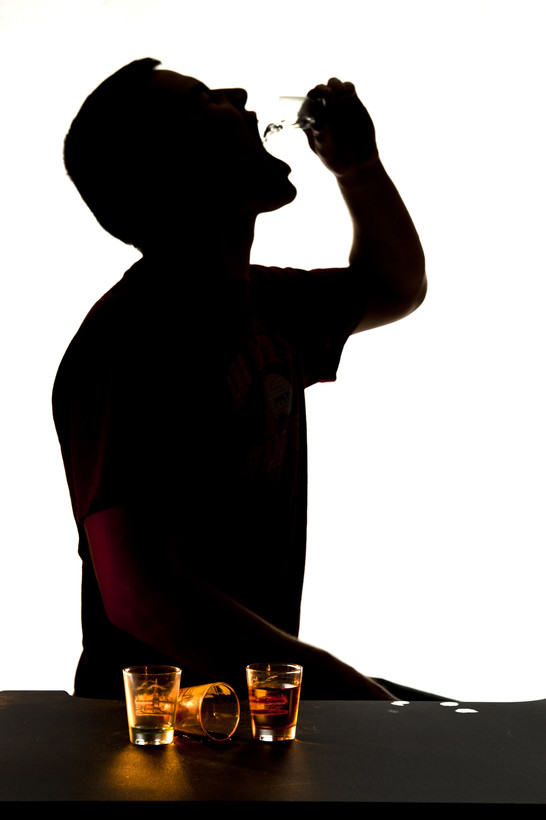 When more and more alcohol is used over time, they can potentially become dependent on alcohol and as a result, when they stop drinking, they are at risk of alcohol withdrawal which can result in severe anxiety.16
When more and more alcohol is used over time, they can potentially become dependent on alcohol and as a result, when they stop drinking, they are at risk of alcohol withdrawal which can result in severe anxiety.16
Take Our “Am I an Alcoholic?” Self-Assessment
Take our free, 5-minute “Am I an Alcoholic?” self-assessment below if you think you or someone you love might be struggling with an alcohol use disorder (AUD). The evaluation consists of 11 yes or no questions that are intended to be used as an informational tool to assess the severity and probability of an AUD. The test is free, confidential, and no personal information is needed to receive the result.
Do All Types of Alcohol Cause Anxiety?
There are no specific studies that suggest that one type of alcohol can affect anxiety levels more than other types of alcohol. While some people may believe that wine and beer may cause less anxiety than hard liquor due to its alcohol content, this is not true.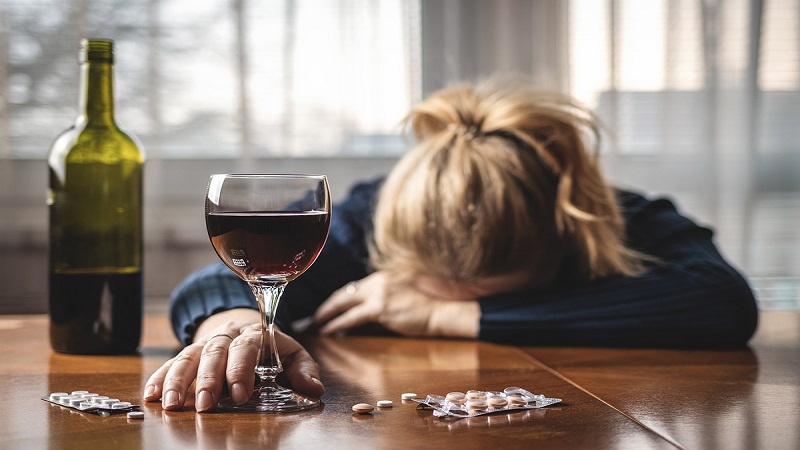 It’s not necessarily the type of alcohol you drink that can affect your levels of anxiety, but rather anxiety is related to the amount and frequency of alcohol use.
It’s not necessarily the type of alcohol you drink that can affect your levels of anxiety, but rather anxiety is related to the amount and frequency of alcohol use.
Is Anxiety Associated with Alcohol Tolerance and Dependence?
Alcohol tolerance occurs when the individual needs more alcohol over time in order to induce the same feelings of euphoria. This can become a vicious cycle, because you may initially use alcohol as an unhealthy coping mechanism to help relieve your underlying anxiety but overtime you will need more alcohol to produce the same effects (tolerance).20
Dependence, different from tolerance, develops when the body adapts to regular alcohol use. A telltale signs of dependence is the presence of alcohol cravings or alcohol withdrawal symptoms when the individual reduces their alcohol use or stops drinking altogether. Alcohol withdrawal can worsen a pre-existing anxiety condition, or it can create new symptoms of anxiety, potentially resulting in the need to drink again. .3,15
.3,15
How Long Does Alcohol-Induced Anxiety (“Hangxiety”) Last?
The length of alcohol-induced anxiety varies among each individual. One study in mice found that alcohol-induced anxiety that occurs from withdrawals can last 14-16 hours after initial hangover symptoms.21 abstract Another study in mice showed that binge drinking anxiety from alcohol withdrawals appeared to last 24 hours after initial hangover symptoms began.
If you are physically dependent on alcohol, you can experience anxiety symptoms associated with alcohol withdrawal that last approximately 3-7 days, with the first 48 hours being the most difficult. Some people can experience anxiety symptoms that last longer than 7 days.22
How to Calm My Anxiety After Drinking?
It might not be possible to completely calm yourself down if you experience hangover-induced anxiety (or hangxiety), but there are some things you can do to make your experience a bit easier, such as:
- Stay calm and give yourself plenty of time to rest.
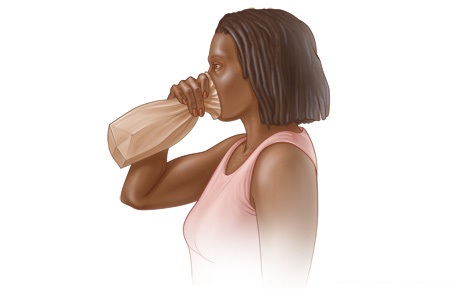 Reassure yourself that this is a temporary feeling that should subside after you’re feeling better.
Reassure yourself that this is a temporary feeling that should subside after you’re feeling better. - Participate in a self-help group like Alcoholics Anonymous if you feel like you need help.
- Educate yourself about anxiety. Think about whether your anxiety is caused or exacerbated by alcohol use.
- Commit to reducing or quitting drinking if you are continually distressed by alcohol-induced anxiety or if your drinking habits are interfering with your daily life.
Find Co-Occurring Disorder Treatment Near Me
Can Quitting Alcohol Cure Anxiety?
The only sure way to avoid anxiety caused by drinking is to stop drinking or drastically reduce your alcohol consumption. However, it depends on whether your anxiety is alcohol-induced or if you have an underlying anxiety disorder that you have been self-medicating with alcohol.
Regardless, quitting alcohol (or other mind-altering substances) can help you feel more grounded and level-headed and provide a beneficial baseline for the treatment of any co-occurring disorders you may be struggling with.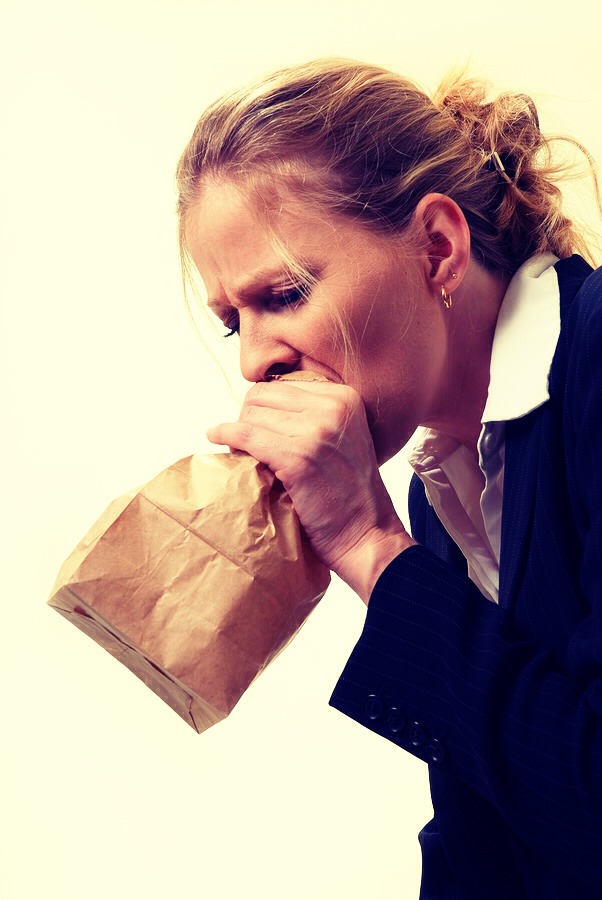
Seeking professional treatment for AUD and anxiety can help you take back control of your life and prevent the negative consequences and feelings associated with alcohol-induced anxiety. An integrated form of treatment is usually best for treating co-occurring disorders, such as anxiety and alcohol use disorder. This may include detox, inpatient treatment, outpatient treatment, medication, psychotherapy, participating in support groups, or a combination of these.25
Sources- National Institute on Alcohol Abuse and Alcoholism. (2021). Alcohol Facts and Statistics.
- Centers for Disease Control and Prevention. (2021). Alcohol Use and Your Health.
- Anker, J. J., & Kushner, M. G. (2019). Co-Occurring Alcohol Use Disorder and Anxiety: Bridging Psychiatric, Psychological, and Neurobiological Perspectives. Alcohol Research: Current Reviews, 40(1).
- National Institute of Mental Health.
 (2018). Anxiety Disorders.
(2018). Anxiety Disorders. - American Psychiatric Association. (2021). What Are Anxiety Disorders?
- S. Department of Health & Human Services. (2014). What are the five major types of anxiety disorders?
- Marcinkiewcz, C. A., Mazzone, C. M., D’Agostino, G., Halladay, L. R..& Kash, T. L. (2016). Serotonin engages an anxiety and fear-promoting circuit in the extended amygdala. Nature, 537(7618), 97–101.
- Science Daily. (2016). How do antidepressants trigger fear and anxiety?
- (2021). Anxiety and panic attacks: What causes anxiety?
- (2021). Anxiety and panic attacks: How can I help myself?
- Science Daily. (2012). Heavy drinking rewires brain, increasing susceptibility to anxiety problems.
- Wolosker, H., & Balu, D. T. (2020). D-Serine as the gatekeeper of NMDA receptor activity: implications for the pharmacologic management of anxiety disorders.
 Translational Psychiatry, 10(1), 184.
Translational Psychiatry, 10(1), 184. - Alcohol and blood sugar.
- Centers for Disease Control and Prevention. (2021). Manage blood sugar.
- Banerjee, N. (2014). Neurotransmitters in alcoholism: A review of neurobiological and genetic studies. Indian Journal of Human Genetics, 20(1), 20–31.
- Canan, F., & Ataoglu, A. (2008). Panic disorder after the end of chronic alcohol abuse: a report of 2 cases. Primary Care Companion to the Journal of Clinical Psychiatry, 10(4), 332–333.
- Camden and Islington NHS Foundation Trust. The unhealthy mix between alcohol and mental health.
- Cosci, F., Schruers, K. R., Abrams, K., & Griez, E. J. (2007). Alcohol use disorders and panic disorder: a review of the evidence of a direct relationship. The Journal of Clinical Psychiatry, 68(6).
- University of Toledo Counseling Center. Blood Alcohol Content.
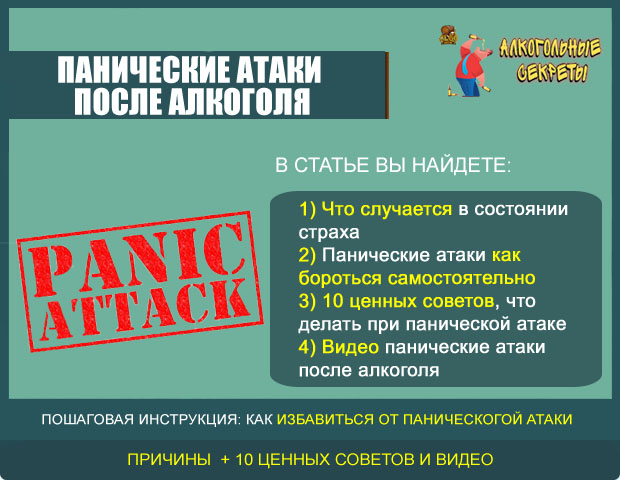
- Alcohol and anxiety.
- Karadayian, A. G., Busso, M. J., Feleder, C., & Cutrera, R. A. (2013). Alterations in affective behavior during the time course of alcohol hangover. Behavioral Brain Research, 253, 128–138.
- Alcohol withdrawal symptoms.
- Lee, K. M., Coelho, M. A., Class, M. A., & Szumlinski, K. K. (2018). mGlu5-dependent modulation of anxiety during early withdrawal from binge-drinking in adult and adolescent male mice. Drug and Alcohol Dependence, 184, 1–11.
- Marsh, B., Carlyle, M., Carter, E., Hughes, P…Morgan, C. (2019). Shyness, alcohol use disorders and ‘hangxiety’: A naturalistic study of social drinkers. Personality and Individual Differences, 139 (1), 13-18.
- National Alliance on Mental Illness. (2020). Substance Use Disorders.
symptoms, causes, how to fight, professional help
Very often, patients in their memories of the details of the first panic attack, find a relationship with the use of a significant amount of alcohol. Really! Alcohol addiction and alcohol abuse is one of the most common triggers for the development of panic attacks.
Really! Alcohol addiction and alcohol abuse is one of the most common triggers for the development of panic attacks.
Thus, the assumption that alcohol relieves anxiety, helps to cope with stress, is a sedative and hypnotic is basically wrong.
Infrequent and moderate drinking of good quality alcoholic beverages can temporarily improve mood and relieve stress symptoms, but with regular use it can have a radically opposite effect: namely, to provoke the development of a persistent withdrawal syndrome and post-alcoholic depression, which together are one of the dominant factors provoking development of a panic attack.
Why does alcohol cause panic attacks? It is important to note that alcohol itself, as such, is not a fundamental trigger for a panic attack, in contrast to feeling unwell provoked by excessive consumption of strong drinks.
Alcohol poisoning is far from a rare phenomenon, and in case of a stressful state, against the background of a situation favorable for the development of a panic attack, withdrawal syndrome, or, more simply, “hangover”, accompanied by dizziness, nausea, headaches, vegetative-vascular dystonia and general energy and emotional decline, can easily trigger the development of a neurotic syndrome and a panic attack.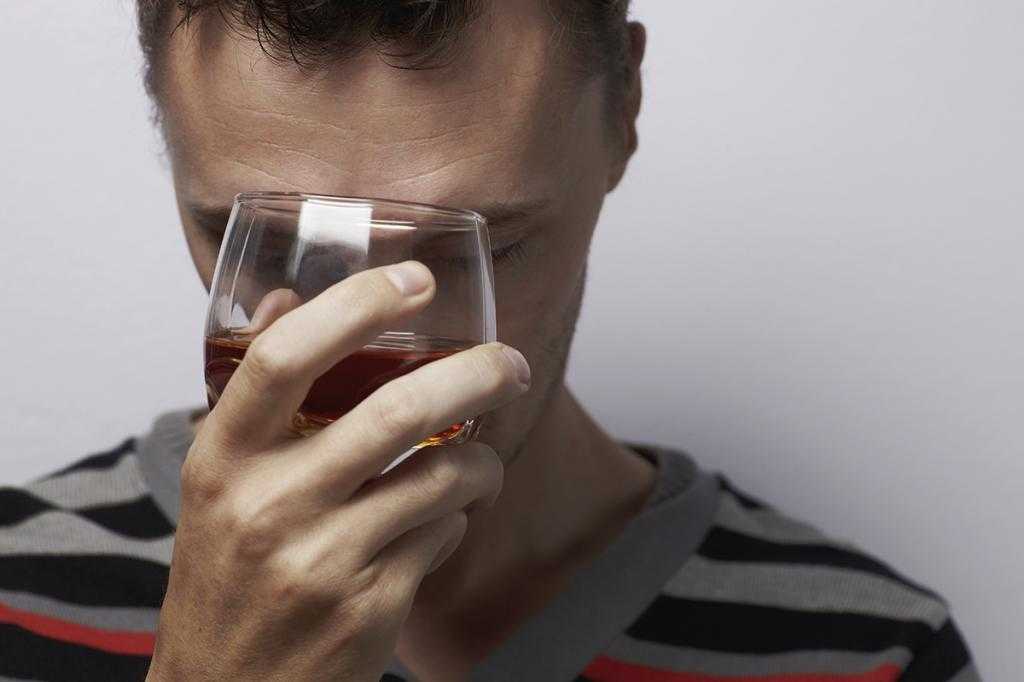
In order to consider the issue of prevention and treatment of panic attacks in more detail, let's recall their main symptoms.
What is a panic attack? Definition and symptoms
Panic attack, or more scientifically VVD (Vegetovascular Dystonia) is a sudden attack of anxiety and fear, which in fact have no rational basis. In other words, there is no real threat to human life or health. The symptomatology of the condition manifests itself both on the physical and psycho-emotional levels, having vegetative and somatic signs. According to ICD-10, a panic attack is included in the cluster of anxiety-phobic disorders and is a neurotic spectrum disorder.
In fact, the attack itself is not a disease, rather it is a complex of vegetative-somatic symptoms that are reversible.
Thus, a panic attack is primarily provoked by destruction in the work of the autonomic and CNS (central nervous) systems. That is why alcohol is an excellent trigger for adverse changes in the autonomic and vascular systems.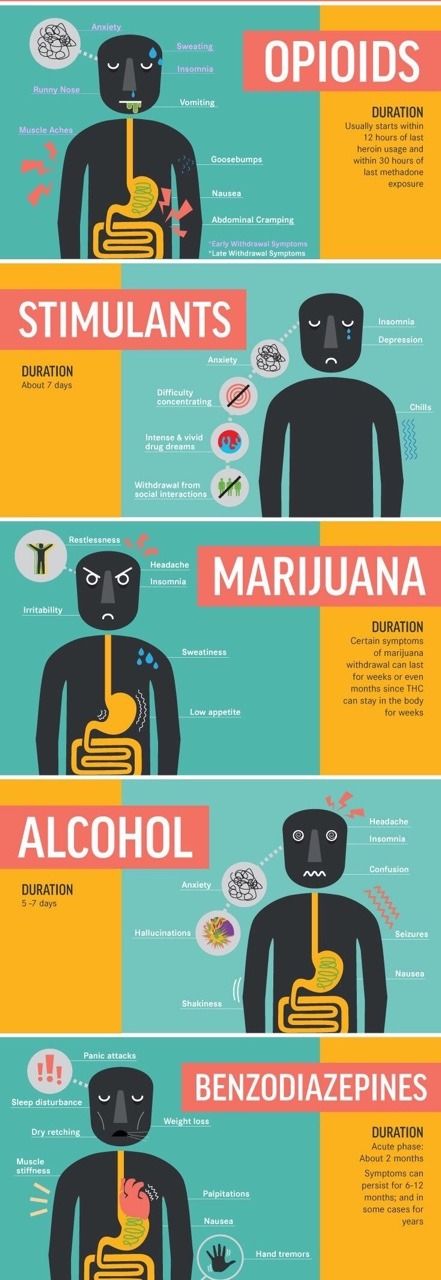
Symptoms
As noted above, the main symptom of panic disorder is a sharp attack of anxiety and intense fear, for which there is no rational cause. Unregulated fear arises unexpectedly. According to statistics, the attack itself reaches its critical point within a few minutes, and then systematically fades away.
Physiological signs of panic attacks
The body's response to panic attacks at the physiological (vegetative) level manifests itself in different aspects: for example, blood pressure may begin to jump, palpitations or tremors of the limbs may develop, asphyxia (a state of suffocation), pain in the chest cage, fever, sweating, dry mouth. Some patients may also experience nausea, heartburn, and a burning sensation in the stomach area.
Anxiety, fear, intense excitement, bad unreasonable forebodings are symptoms of the emotional sphere. Also, against the background of taking alcohol, it can be accompanied by a vivid hallucinosis, which is also called "delirious tremens".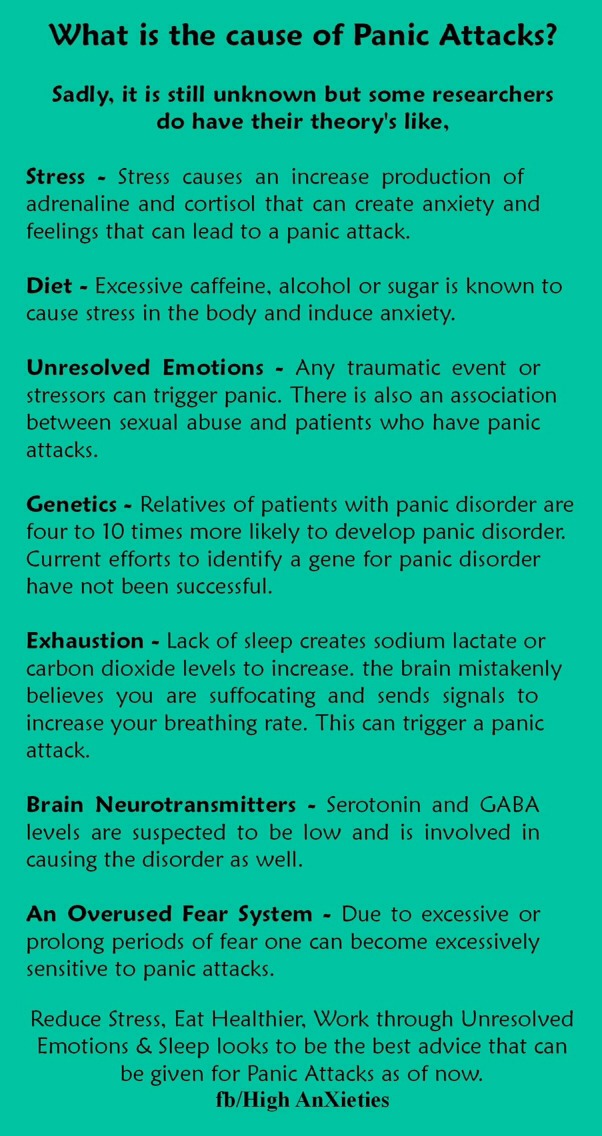
Panic attack and alcohol. Who is at risk?
The predominant risk group is people who are in a permanent stressful situation, trying to alleviate the owl's state of anxiety by taking alcohol. Often, a fairly stable stratum of the population gets here: business leaders, civil servants, financial workers, all those who bear a rather tangible burden of responsibility. Irregular working hours, lack of sleep, excess caffeine and nicotine, and just the same regular intake of alcohol for relaxation - all in a compartment leads to the development of panic conditions in middle age. As noted above, patients often report having their first attack while intoxicated.
Causes of panic attacks
Based on the above, we can say that one of the main causes influencing the development of panic is stressful and traumatic factors: social environment, increased anxiety, severe stress, highly responsible work, wrong lifestyle. Nevertheless, it is important to take into account the constitutional portrait of the individual, as well as genetic determinism.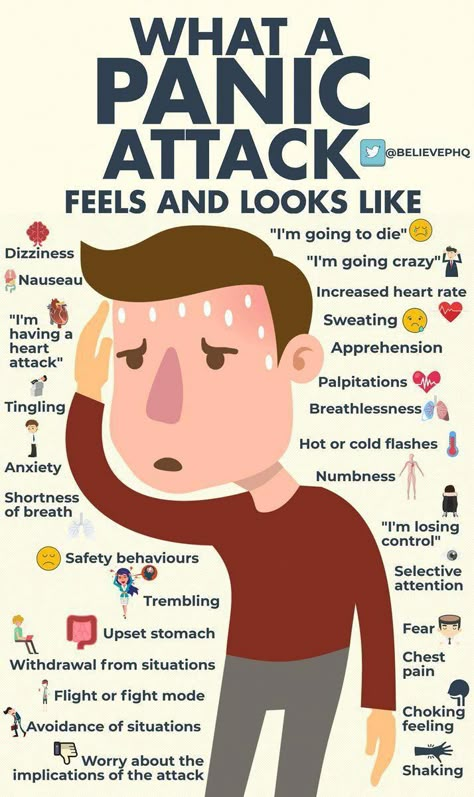 If there is no hereditary predisposition to this type of disorder, then most likely alcohol will not be a factor provoking the development of a panic attack.
If there is no hereditary predisposition to this type of disorder, then most likely alcohol will not be a factor provoking the development of a panic attack.
Causes of panic attacks in alcoholics
Excessive alcohol consumption leads to a significant malfunction of the body and has a destructive effect on the functioning of the central nervous system. Alcohol contains such dangerous components as fusel oils, the impact of which on the nervous system can lead to the most adverse consequences.
However, as noted above, the panic attack itself, as a condition, and alcohol are not directly related. For some, the minimum dose (about 30 grams per day) will indeed be an antidepressant that helps stop the excessive production of adrenaline, which is the hormone of anxiety. And for others, such a small dose can be a poison, causing an imbalance between the conscious and subconscious "I". Alcohol in any case is a negative psychoactive substance that can saturate the brain with dopamine, and subsequently deplete the nervous system. It will take about two weeks to restore the natural level of this hormone.
It will take about two weeks to restore the natural level of this hormone.
Panic attacks after drinking alcohol
The underlying cause of this particular type of panic attack is alcohol. In an effort to calm down and improve mood, a person runs the risk of destabilizing the work of the autonomic and sympathetic nervous systems, the threat of delirium tremens and, as a result, a panic attack. Regular use of alcohol can reduce dopamine levels to critical levels, which is the trigger for the development of panic attacks. Initially, dopamine can cause euphoria for a short time and reduce feelings of anxiety and fear, but later, when the effect weakens, the body triggers a set of reactions that end in an attack. It is this mechanism that pushes patients to the need to increase the dose.
Panic attacks from a long hangover
Long hangover can cause particularly severe attacks, this is due to the process of poisoning by residual substances and alcohol by-products.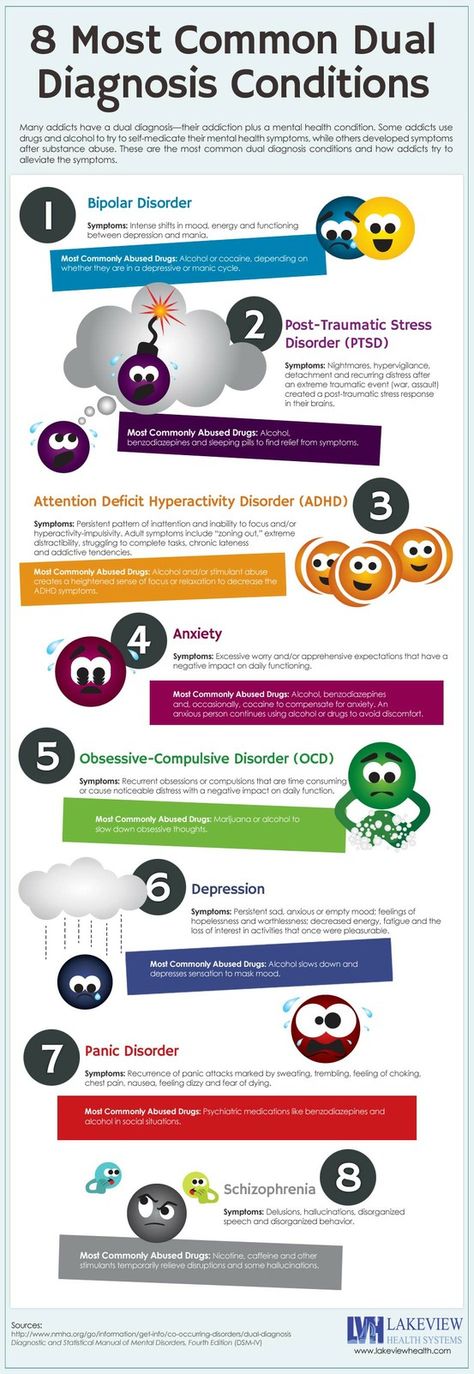 A hangover attack can cause animal fear and inexplicable anxiety in a person. Often, an attack can be associated with the patient's desire to stop drinking and a failed attempt to do so. An intrapersonal conflict develops against the background of an irresistible desire to drink and awareness of all the harmfulness of this process. If the constitutional type of personality is suspicious and anxious, then the attack acquires an emotional color, which leads to an increase in the feeling of fear.
A hangover attack can cause animal fear and inexplicable anxiety in a person. Often, an attack can be associated with the patient's desire to stop drinking and a failed attempt to do so. An intrapersonal conflict develops against the background of an irresistible desire to drink and awareness of all the harmfulness of this process. If the constitutional type of personality is suspicious and anxious, then the attack acquires an emotional color, which leads to an increase in the feeling of fear.
Hangover panic attacks, how to get rid of them?
What can be done to stop an attack on your own?
The search for an effective remedy must begin with an understanding of the underlying cause of the anxiety attack. In this case, we are talking about the poisoning of the body by the products of alcohol decay, thus, general detoxification of the body will help to cope with the disorder, which should begin with replenishing the water-salt balance. To do this, the patient must take at least 2-3 liters of fluid daily, including herbal teas and compotes. Alcohol intake during this period, even in small doses, is strictly prohibited.
Alcohol intake during this period, even in small doses, is strictly prohibited.
Also, for faster recovery and replenishment of key substances and minerals, it makes sense to take a complex of vitamins. Vitamins C and B help to speed up metabolism and more quickly neutralize toxins from the body. Sometimes a thiamine injection is very helpful. Body-oriented practices, such as a contrast shower, will help to establish a psycho-emotional background and help the body activate recovery processes.
How to deal with drugs?
As for drug therapy and the use of auxiliary drugs, in this case it is not worth self-medicating, but it is better to contact a specialist in time, who will prescribe the appropriate complex. At home, you can take Alco-Seltzer or regular aspirin to help relieve common hangover symptoms.
Panic attacks after alcohol: how to fight?
Alcohol addiction during panic attacks can significantly complicate the process of treatment and rehabilitation, which is why the best way is to contact a specialist in a timely manner.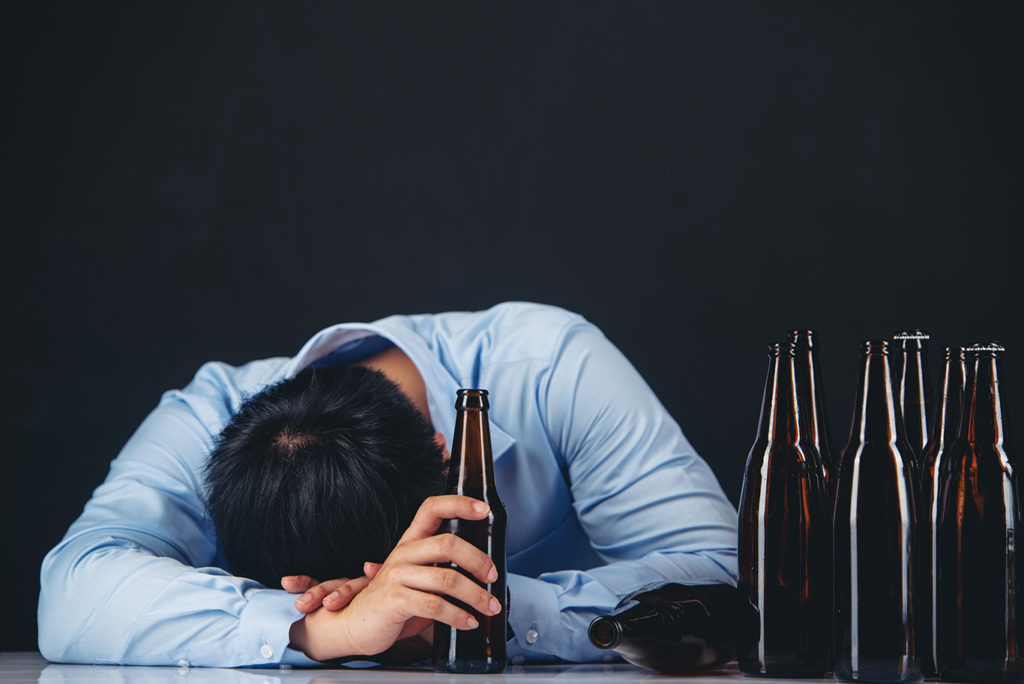 Diagnosis and identification of the causes of a panic attack is an important preliminary step that can only be carried out in a hospital. A competent specialist will conduct an examination and prescribe a comprehensive treatment, including both drug and psychotherapy. The drug complex may include taking tranquilizers or other drugs that are prescribed by a doctor in accordance with the individual parameters of the patient's body. It is important to remember that panic disorder can go from a temporary form to a chronic one, to which it is better not to bring it up. But in each case, therapy will have its own characteristics.
Diagnosis and identification of the causes of a panic attack is an important preliminary step that can only be carried out in a hospital. A competent specialist will conduct an examination and prescribe a comprehensive treatment, including both drug and psychotherapy. The drug complex may include taking tranquilizers or other drugs that are prescribed by a doctor in accordance with the individual parameters of the patient's body. It is important to remember that panic disorder can go from a temporary form to a chronic one, to which it is better not to bring it up. But in each case, therapy will have its own characteristics.
Help of a psychotherapist in case of attacks
Remember that a qualified consultation of a psychotherapist and a well-designed treatment course is fundamental to a successful outcome and overcoming the consequences of the disease. The specialists of our clinic will not only conduct a comprehensive examination and prescribe the relevant treatment for a panic condition, but also conduct a professional rehabilitation course with a further effective rehabilitation and prevention program.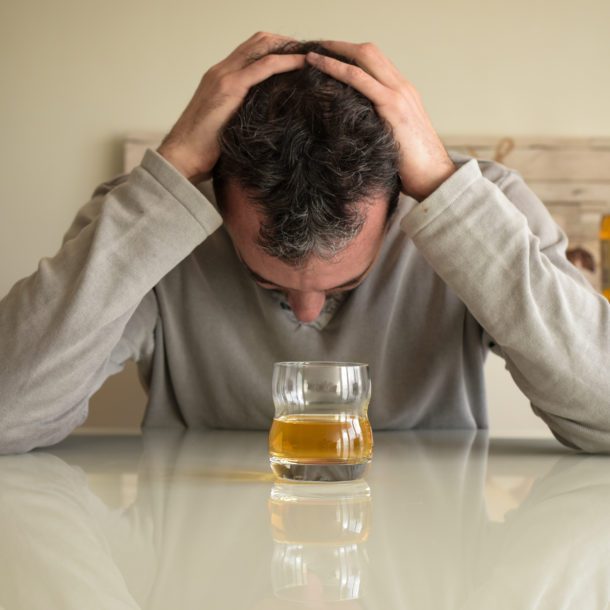
Panic attacks and alcohol | Moscow
Other related articles: psychotherapist, psychologist
We have already talked about what panic attacks are. To combat this unpleasant condition, many people try to use alcohol - after all, everyone knows the expression "drink for courage." At first, dealing with panic attacks does become easier, but not for long. Gradually, the sedative effect weakens, and with the subsequent intake of alcohol, the expected relief no longer occurs, but the frequency and intensity of attacks increases, so more and more alcohol is required - a vicious circle is obtained, as is the case with the development of the attacks themselves, when fear of what is happening only reinforces the general feeling of panic. An attack that occurs at the peak of the withdrawal syndrome is a difficult test, both for the person himself and for those close to him at that moment. In addition, addiction occurs, then the attack is already provoked by the absence of alcohol. As a result, the line between a panic attack and a vegetative version of a hangover syndrome is lost, and alcohol dependence is formed.
As a result, the line between a panic attack and a vegetative version of a hangover syndrome is lost, and alcohol dependence is formed.
Risk group
Alcohol is considered a provoking factor in the development of a panic attack in people whose work is associated with constant stress. As a rule, these are employees holding responsible positions: managers, bank employees, accountants. The so-called "manager's syndrome" is nothing more than life in conditions of constant stress. Irregular working hours, lack of sleep, a lot of coffee and cigarettes, regular drinking of alcohol "to relax" - all this leads to the fact that many hard-working people begin to have panic attacks by middle age. Many of them recall that the first time they had an attack was in a state of intoxication. Thus, the use of alcohol is absolutely not justified in patients suffering from panic attacks. Alcohol can only aggravate the symptoms, and over time can provoke the development of alcoholism.
Treatment
If panic attacks occur on the background of alcohol dependence, this significantly worsens the situation and makes treatment more difficult.